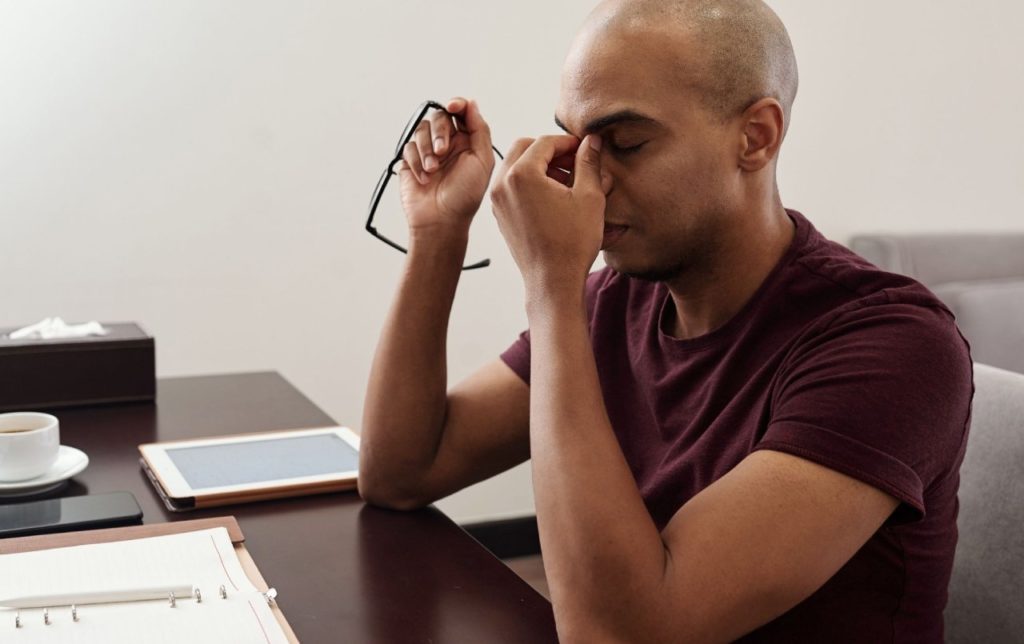Iron Deficiency Anemia: Prevention & Treatment Tips

Learn everything you need to know about iron deficiency anemia, the causes, expert-approved prevention tips, and treatment options.
Iron deficiency is one of the most widespread nutrient deficiencies globally. If you suffer from chronic fatigue, headaches, or cold hands and feet, it may be a sign that you’re not getting enough iron.
Iron is essential for the body. It strengthens the skin, hair, nails, and immune system. Additionally, this essential nutrient helps transport oxygen throughout the body. This is how iron supplies us with energy!
In this blog, we’re sharing everything you need to know about iron deficiency anemia, symptoms, and treatment options.
Let’s get started!
Iron Deficiency Anemia: Prevention & Treatment Tips
What is Iron Deficiency Anemia?
Iron deficiency anemia is a health condition that occurs when your body does not have adequate iron levels. As a result, it becomes more challenging for your body to create healthy red blood cells.
Since these red blood cells are responsible for transporting oxygen throughout the body, you may begin to experience anemia symptoms.
Iron Deficiency Anemia Symptoms
Here are some of the most common iron deficiency anemia symptoms:
- Fatigue and weakness
- Dizziness
- Headaches
- Shortness of breath
- Pale skin
- Cold hands and feet
Many people don’t realize they are low in iron as the symptoms above can be easily confused with other conditions. For this reason, it’s important to monitor your health by scheduling regular checkups with your doctor.
Likewise, if you notice signs of low iron, consult your doctor. They can advise you whether a blood test or lifestyle changes are necessary.
What Causes Iron Deficiency Anemia?
There are several different causes for iron deficiency anemia. Some are due to your genetics or health history, while others are related to your lifestyle.
Here’s a quick look at some of the most common causes:
- Heavy menstrual bleeding
- Inadequate amounts of iron in diet
- Internal bleeding caused by ulcers, hemorrhoids, menopause, or cancers
- Problems with absorbing iron
Furthermore, iron deficiency affects more women than men. Pregnant women, adults over age 65, and preschool children are also more prone to developing this condition. Therefore, they should consume foods or supplements that contain iron (if recommended by a physician).
Expert-Approved Prevention Tips
Learn how to prevent and reduce your risk for iron deficiency anemia with these tips.
Eat foods high in iron.
Many foods contain iron. However, red meat and green leafy vegetables are some of the best sources.
If you don’t consume meat, you can still get enough iron by eating vegetables or even iron-fortified cereals.
In addition, here are some foods that are high in iron:
- Shellfish
- Spinach
- Legumes
- Red meat
- Broccoli
- Dark chocolate

Consume vitamin C to enhance iron absorption.
Vitamin C helps improve iron absorption in the body. For instance, orange juice can help you get the most out of iron supplements or food sources.
Vitamin C is also found in broccoli, kiwi, green leafy vegetables, melons, and peppers.
Iron Deficiency Anemia Treatment Options
Treatments for iron deficiency focus on increasing iron levels in your body.
Here are some of the most popular treatment approaches:
Iron supplements
Oral iron supplements are an excellent option for individuals who can absorb iron easily and tolerate oral pills.
However, you should only take iron supplements under the recommendation and supervision of your doctor, as they can be harmful when consumed improperly.
Additionally, be sure to read all the instructions and take your medication as prescribed.

Iron infusion therapy
In more severe cases, intravenous iron infusion therapy may be the best option. This is because this treatment delivers quicker results than any other options mentioned above.
If you are experiencing more severe symptoms due to your anemia, speak with your doctor about trying an intravenous approach.
The Bottom Line
In conclusion, iron deficiency anemia is a common health condition that affects millions of people worldwide. Since iron is an essential nutrient contributing to healthy red blood cells, not getting enough can lead to various symptoms.
Most people can treat iron deficiency by eating an iron-rich diet or taking iron supplements. However, more severe cases may require intravenous iron infusion therapy.
If you are experiencing any symptoms mentioned in this post, it’s important to determine if your body has the iron it needs to function optimally. That said, we recommend speaking with your doctor if you notice any signs of low iron.
Finally, if you have any questions, contact our team of pharmacists today. We can offer expert guidance on the best prevention and treatment options.
